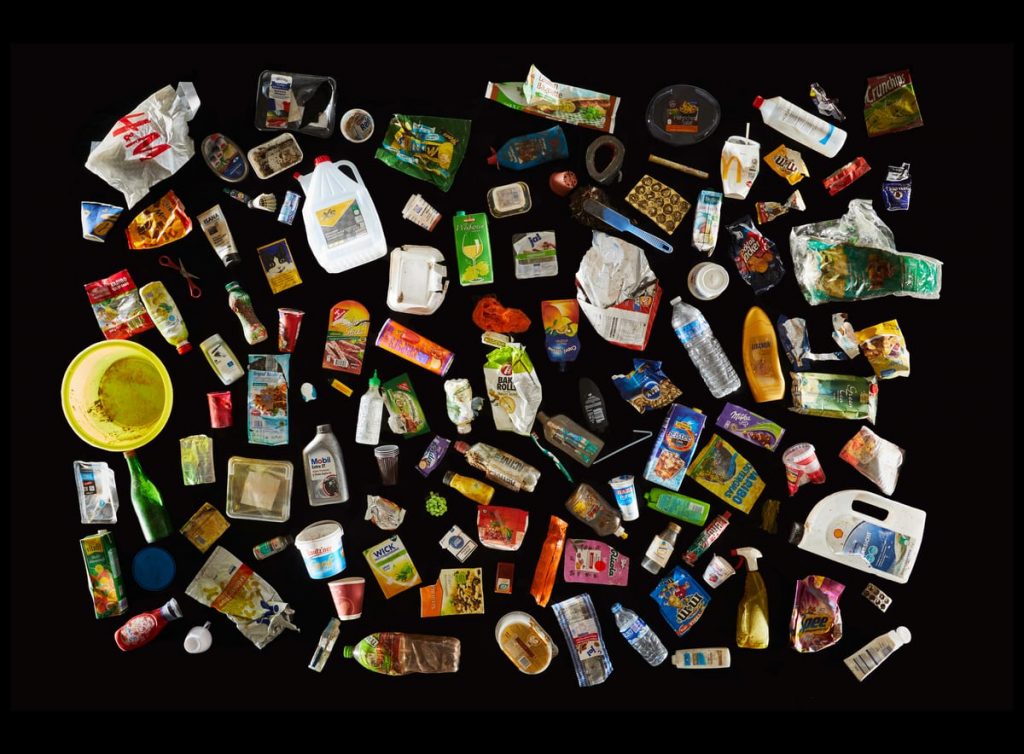The future of single-use plastic usage in Africa isn’t looking good. With the recent news that the South African government is planning to oppose a multilateral Environmental Agreement (MEA) treaty in September that would effectively put an end to the import of plastics into Africa, in addition to Coca Cola’s blatant greenwashing campaign on PET plastic bottles in Kenya, single-use plastic and its effect on vulnerable communities in Africa is an issue that needs urgent intervention. Right now.
What is single-use plastic?
Single-use plastic, otherwise known as disposable plastic, is bad. Even if the plastic item is marked as recyclable, if it’s designed to be thrown away then it’s single-use as 90% of plastic is never recycled after it’s discarded. Single-use plastic, or disposable plastic, is any plastic item that is used once, and then thrown in the trash. Below are some examples of single-use plastic items that are causing damage to our communities and environment:
- Plastic bread bag tags
- Plastic bottles
- Styrofoam takeaway containers
- Straws
- Plastic packaging materials
- Plastic cutlery
- Plastic shopping bags

How does single-use plastic affect us and why is it a growing concern?
Big corporations have convinced us for years that single-use plastic is a necessity in this fast-paced, consumer driven culture that they force on us. They offer us false disposable plastic solutions like recycling as an antidote to the massive amounts of disposable plastic waste when most single-use plastic is simply burned and contributes to greenhouse gas emissions. Below are just a few negative impacts of single-use plastic:
- Disposable plastic items don’t biodegrade. They just break down into micro particles that contaminate our environment.
- Microplastics, smaller plastic particles that result from single use plastic breaking down, pollute our water sources and even our food.
- Only 9% of plastic waste gets recycled. The rest is either burned or dumped.
- The single-use plastic trade and resulting plastic pollution disproportionately affects poorer and disadvantaged communities
Unfortunately, the Covid 19 pandemic has seen an unprecedented surge in single-use plastics entering production as consumers demand that foodstuffs and other products be protected from the virus by plastic. Medical waste, including disposable masks, and fast food items such as plastic cutlery and single-use plastic straws or bags are some of the biggest contributors to this crisis.
This is largely due to the global plastics industry convincing us that single-use, disposable plastic products are inherently safer than reusable plastic products, while this is simply not the case. In June last year, over 120 health experts, including doctors, virologists and epidemiologists, did their part to kill the ‘single-use plastic is safer’ myth by signing a document conclusively stating that reusable plastic products can be made safe again through basic hygiene.
South Africa’s department of Forestry, Fisheries and Environment (DFFE) seems too paralyzed by corporate interests to effect any legislation that will mitigate this flow of single-use, disposable plastic into our towns, cities and villages, and their intention to oppose the MEA in September proves this. South Africa currently ranks as 11 out of 20 countries responsible for the mismanagement of plastic waste, according to a recent article in Science, and this is having a devastating effect on our vulnerable citizens……..Read More
